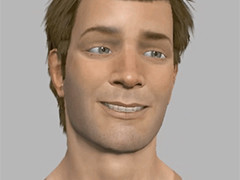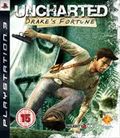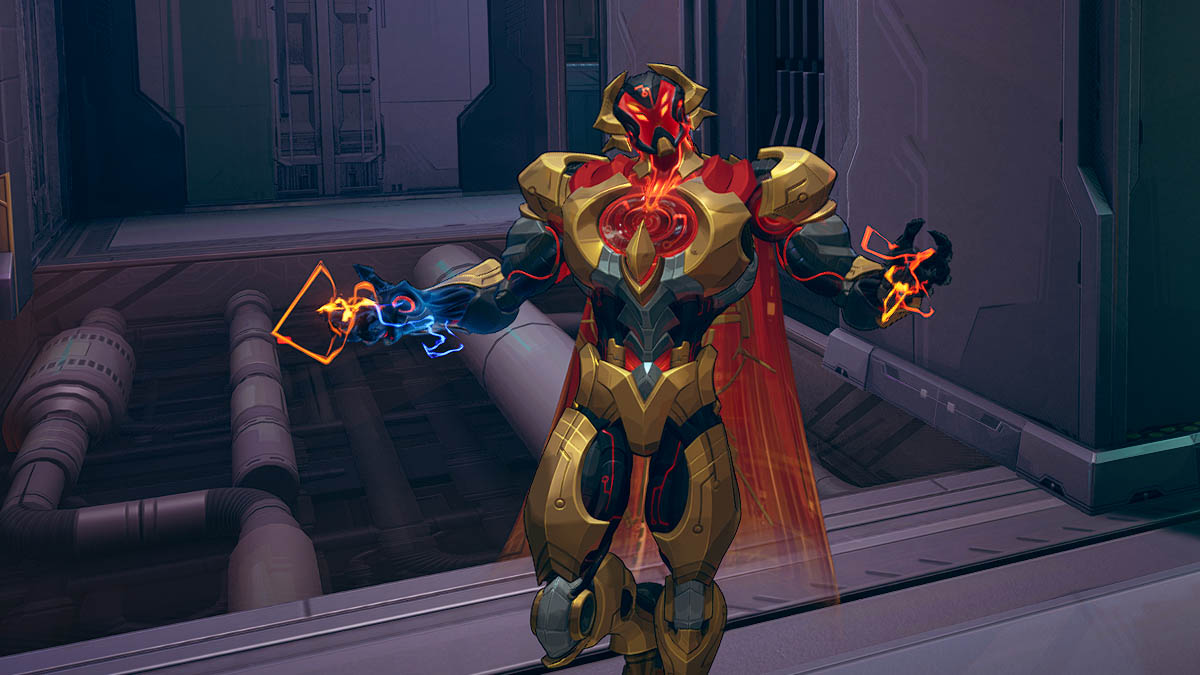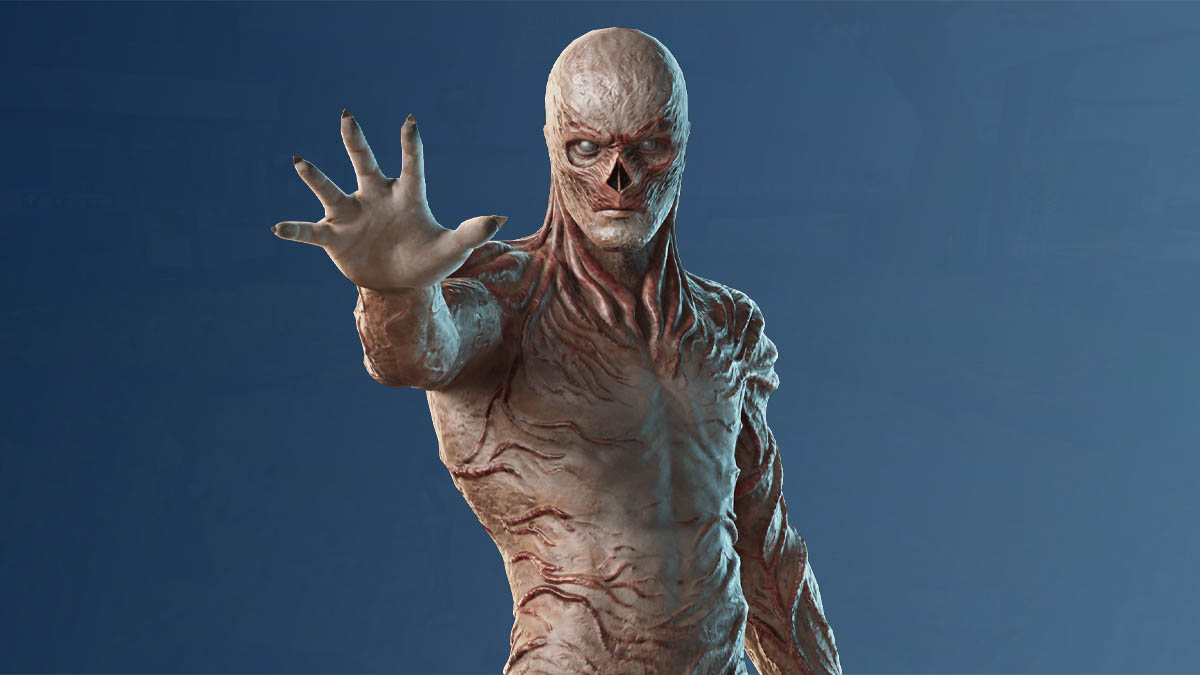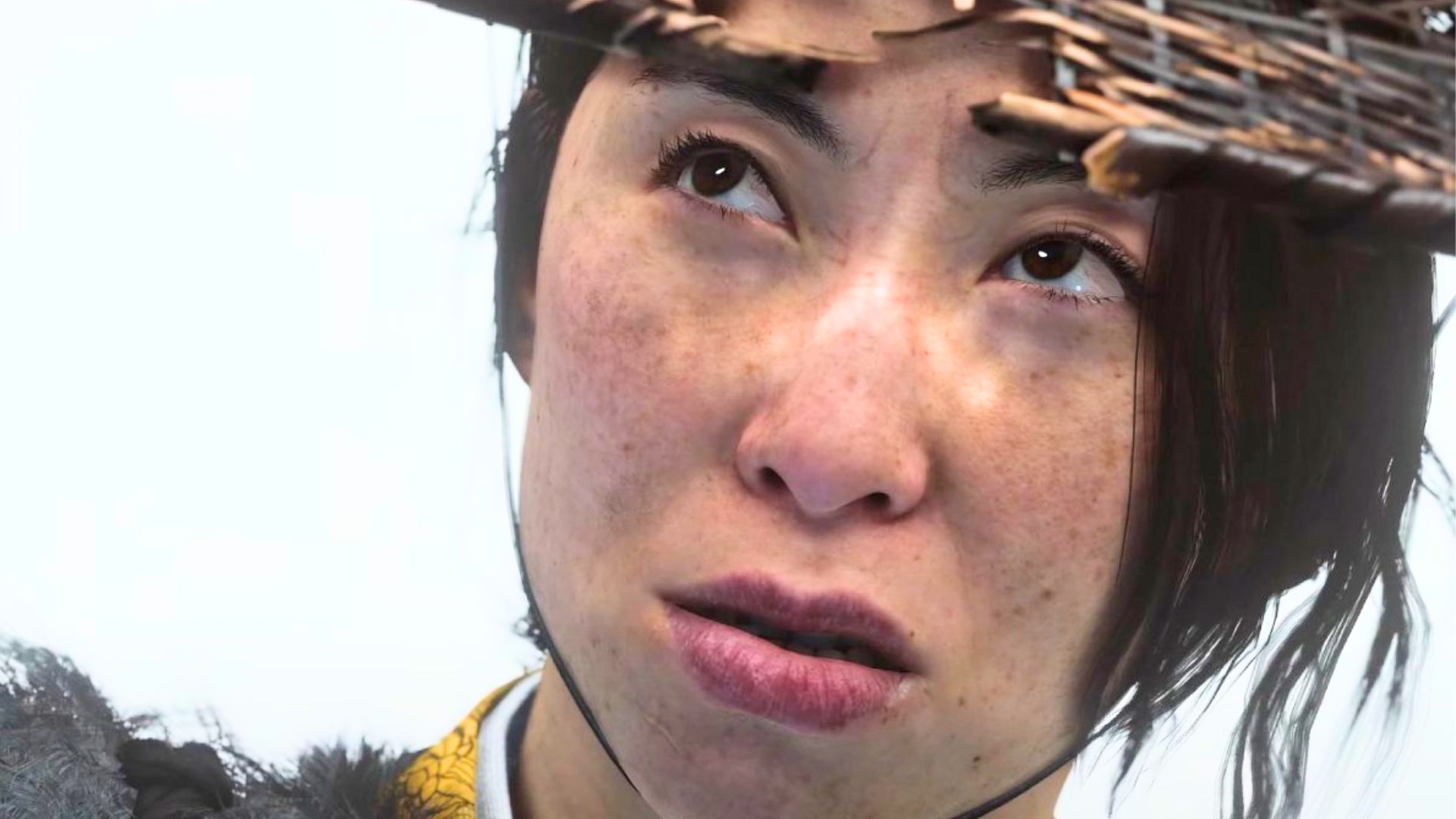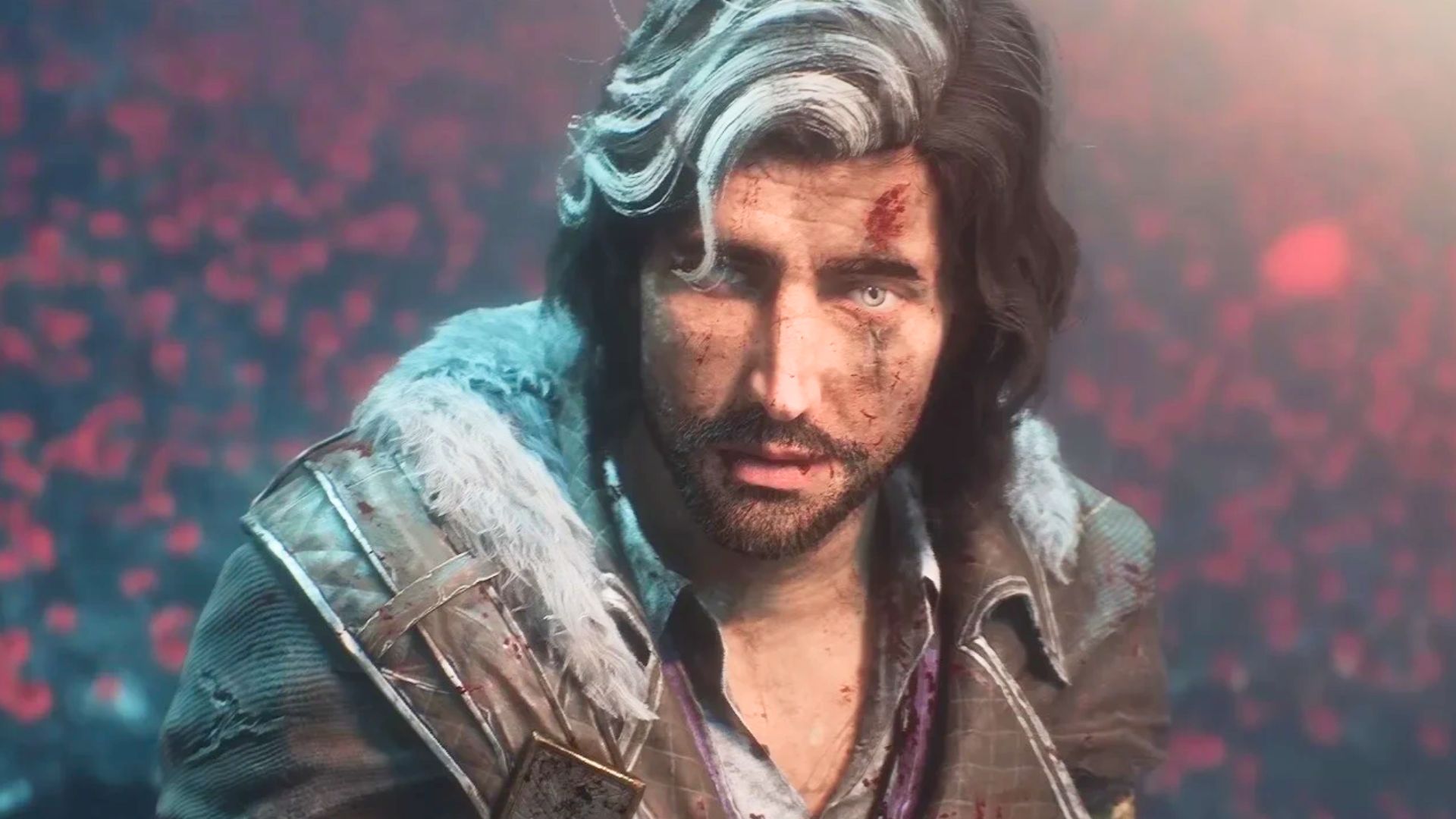You can trust VideoGamer. Our team of gaming experts spend hours testing and reviewing the latest games, to ensure you're reading the most comprehensive guide possible. Rest assured, all imagery and advice is unique and original. Check out how we test and review games here
An early version of Uncharted protagonist Nathan Drake was partially based on Jackass star Johnny Knoxville, a new report has revealed.
As detailed by The Verge, Drake’s original character model appeared far more cartoony than that of the final version, featuring a younger, goofier look, longer, lighter hair and a more “comically emotive face like something in a Dreamworks film”.
His face was later changed to reflect an older, “more traditionally handsome look”.
Naughty Dog wasn’t entirely sure who would be best to voice the character at first, either, with the studio having auditioned between 20-30 actors before settling on Nolan North.
“When Nolan came in, it was fairly clear that he was going to be the one,” Uncharted 4 writer Josh Scherr told the site. “He had that right kind of devil may care feel to his voice, but he could also get serious when he needed to. And most importantly, as we discovered, is that the guy was hilarious.”
But even once the game’s direction had been locked down it wasn’t all smooth sailing within the studio, The Verge’s report reveals. The original game’s jet ski section, for example, was allegedly “designed and built in less than a month, barely enough time to make it into the final product”.
Naughty Dog’s shift from developing “cute, cartoony games to a realistic blockbuster” is said to have upset some team members, too, resulting in “a number of staff” leaving the studio. The amount of manpower required to build the game, too, resulted in an unannounced Jak & Daxter game for PSP being cancelled to let the entire team focus on Uncharted.
For more on the making of Uncharted: Drake’s Fortune, and to see the original pitch video from Naughty Dog, head over to The Verge.
Source: theverge.com
